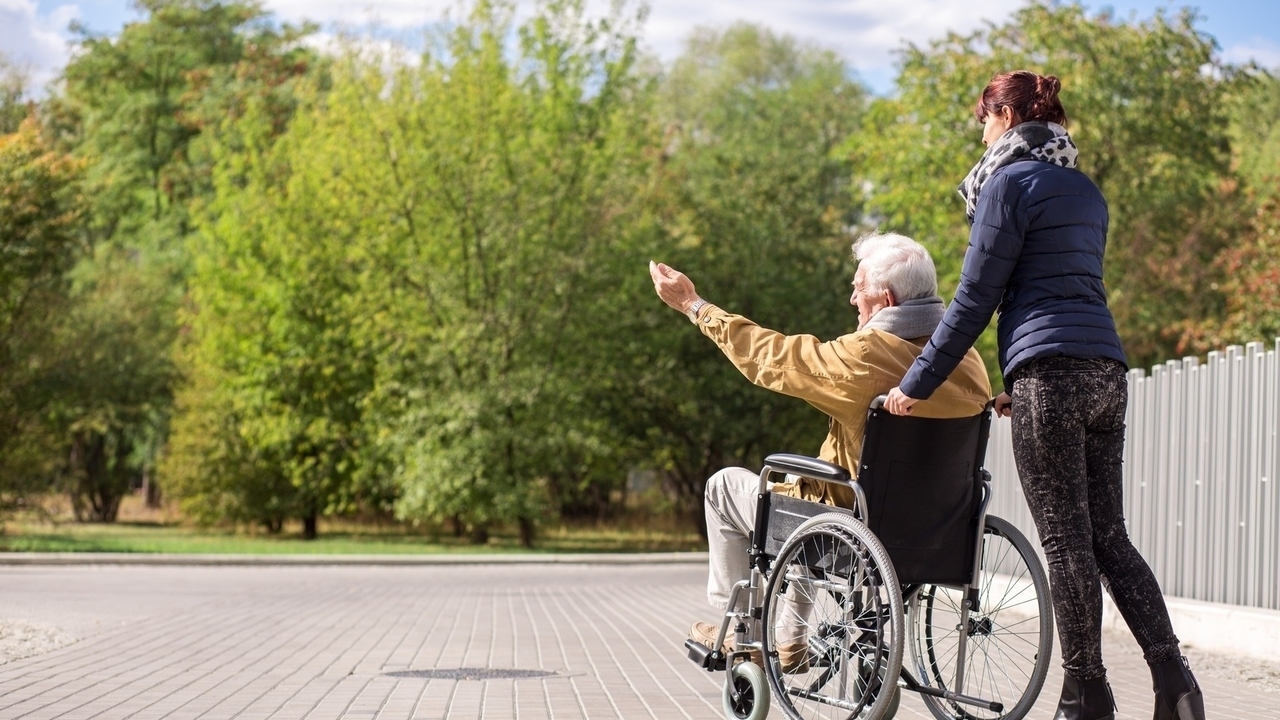Does Smoking Marijuana Help Prevent Dementia? Part 1
Background
Over the past few years, scientists have discovered the presence of a cannabinoid organization and the recognition of specific cannabinoid receptors in our brains. A lot of work has been done to determine why this system is present in our brain, how it works, and what it does. No one knows for sure what is the exact role of cannabinoids in our brain, but some experts believe that they may play a role in regulating production of other neurotransmitters and help prevent or worsen brain injury or delay deterioration of neurons. Deterioration of neurons is a common feature in several types of dementia, including Alzheimer’s disease, and for this reason, many scientists are wondering if cannabinoids may be clinically useful in the treatment of the individuals. Recent experimental evidence does reveal that cannabinoids may help in interrupting processes that lead to development of Alzheimer’s dementia.
To determine whether cannabinoids or marijuana is clinically useful in the treatment of dementia, Cochrane registry reviewed several health data studies. The data looked at all randomized controlled trials, which have assessed the efficacy of marijuana at different doses in people with dementia. The data were then reviewed independently and relevant data extracted.





Add a Comment1 Comments
Very interesting info from Susan Berg, author of Adorable Photographs of Our Baby-Meaningful, Mind-Stimulating Activities and More for the Memory Challenged, Their Loved Ones, and Involved Professionals, a book for those with dementia and an excellent resource for caregivers and healthcare professionals.
October 24, 2009 - 4:29pmhttp://dementiaviews.blogspot.com
This Comment